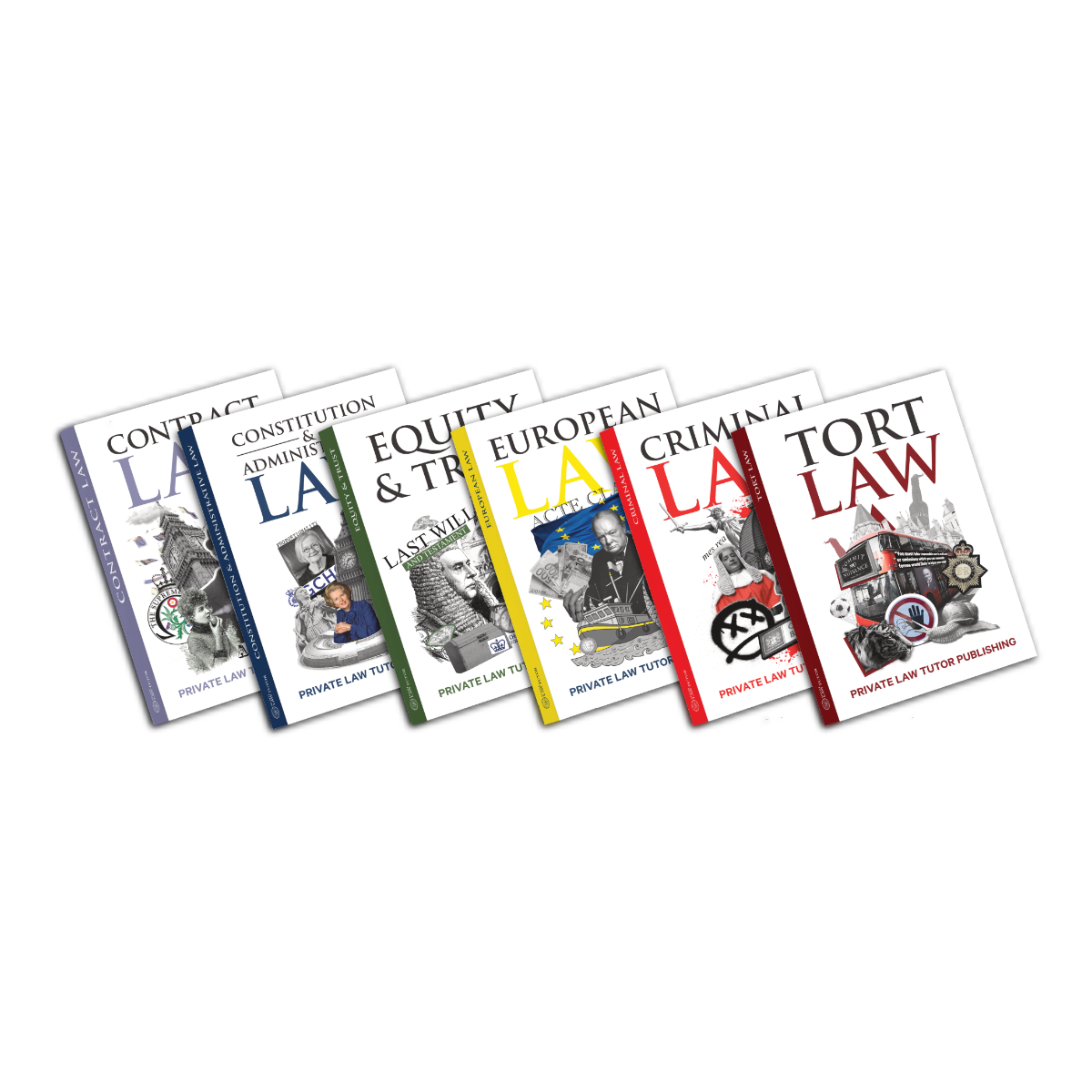Ex turpi causa non oritur actio
ex turpi causa meaning
The phrase "ex turpi causa non oritur actio" translates to "no action may be based on an illegal cause." it is commonly shortened to ex turpi causa. It appears to be based on the idea that the courts will not help or compensate a claimant in situations where doing so would be "an affront to the public conscience" and might encourage the claimant, or others, to engage in illegal activities. In other words, the maxim states that "no action may be based on an illegal cause." Its primary purpose is to prevent a wrongdoer from receiving recompense for their actions. The idea is derived from a discussion of issues pertaining to public policy, and there is ambiguity about both its applicability and its rationale. Again, it is a comprehensive defence (just as volenti).
For instance, in the case of Ashton v. Turner [1981] QB 137, the court ruled against awarding compensation to a passenger who had been hurt by his getaway driver after both of them had participated in a burglary. In the case of Pitts v. Hunt (1991), which was reported in 1 QB 24, Dillon LJ stated:
“It is clear for a start that the fact that a plaintiff was engaged in illegal activity which brought about his injury does not automatically bring it about that his claim for damages for personal injury as a result of the negligence of the defendant must be dismissed.”
In the case of Vellino v. Chief Constable of Greater Manchester [2002] 1 WLR 218, the police went to the claimant's apartment and arrested him based on an active warrant. The claimant was able to escape from the custody of the law enforcement officers and leapt out of a second-story window. The court decided that there was no duty of care owed, and in any case, the claimant had broken the law by escaping from jail, therefore the doctrine of ex turpi may very well apply to the situation.
Law books
Law Tutor's books are a comprehensive collection of law notes that have been tailored to meet the requirements of the SQE assessment specification, the CILEX qualification framework, and the LLB programme at the University of London. These books have been published by an individual who has both taught and practised law as a barrister. The law books, are an essential beneficial to anybody who is enrolled in a law programme at any institution or who is preparing to take the LLB, SQE, CILEX, PGDL, GDL, or UOL law examinations.


